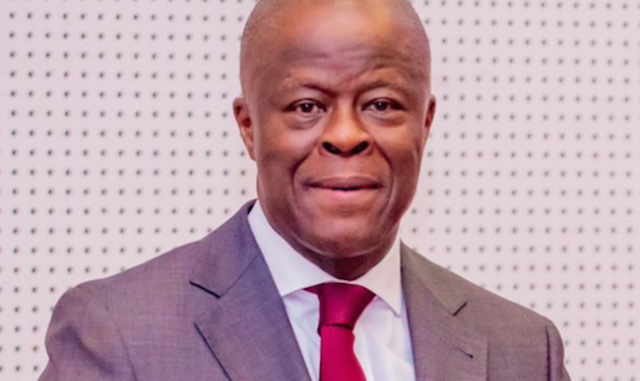
Wale Edun, minister of finance and coordinating minister of the economy, says Nigeria has saved $20 billion from petrol subsidy removal and market-based pricing of the foreign exchange rate.
Edun spoke at a ceremony recently held to mark the first 100 days in office of Esther Walso-Jack, head of civil service of the federation, in Abuja.
“An amount of five per cent of GDP is what those two subsidies were costing when there was a subsidy on PMS; when there was petroleum product generally for a long time and when there was a subsidy of foreign exchange. Between them, they were costing five percent of GDP,” he said.
“If you say GDP was on average, let’s say $400 billion. We all know what five percent of that is – $20 billion of funds that could be going into infrastructure, health, social services, education.”
Edun said these flows now return into the government’s coffers for further deployment to the aforementioned sectors.
“The real change that has happened with the measures of Mr. President is that nobody can wake up and their target for the day or for the week or the month or the year is to get access to cheap funding, cheap funding exchange from central bank, which they can now flip,” Edun said.
“And overnight, they become wealthy from no value added for doing virtually nothing, except you know the right people. Similarly, they can no longer try and be part of a new peak market and very inefficient petrol subsidy regime as a way of making money overnight.”
On May 29, President Bola Tinubu said the petrol subsidy regime was over.
Three months later, TheCable reported that Tinubu was considering a “temporary subsidy” on petrol as crude oil prices and foreign exchange rates soared.
After several denials of the return of petrol subsidy by the authorities, the Nigerian National Petroleum Company (NNPC) Limited, on August 19, said the federal government owes it N7.8 trillion for under-recovery.
END

Be the first to comment